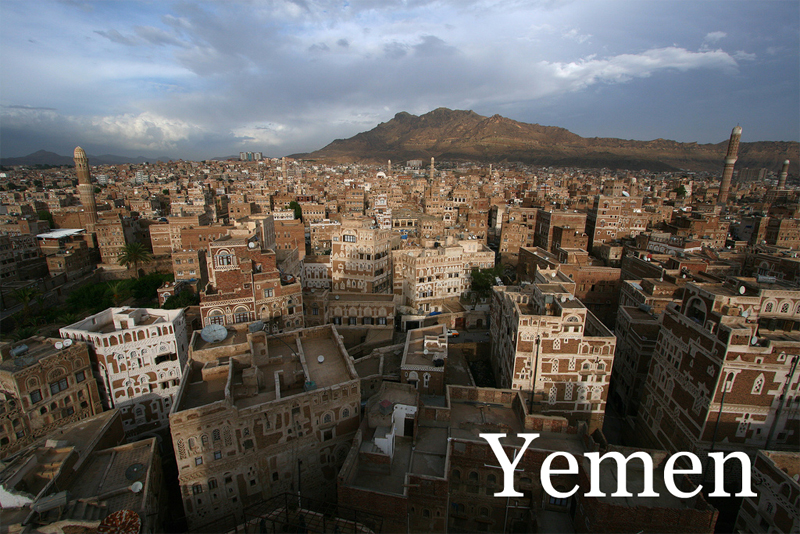The Middle East is home to some of the fastest growing, most resource-scarce, and conflict-affected countries in the world. New Security Beat’s
“Middle East at the Crossroads” series takes a look at the most challenging population, health, environment, and security issues facing the region.Yemen is one of the most kinetic intersections of human and environmental security in the world. At the tip of the Arabian Peninsula, it is a natural gateway for those fleeing hardship in the
conflict-wracked Horn of Africa, but observers are concerned it may soon resemble something much less than a haven.
Increased local resistance to a corrupt regime in Sanaa and an influx of Al Qaeda influence recently caused the CIA to reassess the franchise in Yemen as a more urgent threat to national security than the core Al Qaeda elements in Pakistan and Afghanistan.
In addition to these traditional security challenges, Yemen faces a bevy of population and environment-related problems. With its 22.8 million people, Yemen is growing faster than any other country in the Middle East – by 2050, it will rival Spain in total population. It is home to nearly a million impoverished migrants from East Africa, is almost totally reliant on groundwater that is being drained faster than can naturally be replenished, has an unemployment rate approaching 40 percent, the lowest rating in the world for gender equity, and almost no source of income besides oil exports, which have declined 56 percent since 2001 and are expected to continue sliding, barring any major new discoveries.
Beyond its more covert commitments, the United States has pledged over $210 million to Yemen for military, economic, and development assistance for this year alone. Is it enough to stave off collapse in one of the Middle East’s most troubled states?
For more see The New Security Beat’s full feature, “Demographics, Depleted Resources, and Al Qaeda Inflame Tensions in Yemen,” published earlier this summer.
Sources: Associated Press, Association for the Study of Peak Oil – USA, Central Intelligence Agency, Washington Post.
Photo Credit: Adapted from “Old Town Sanaa – Yemen 53,” courtesy of flickr user Richard Messenger.
 A Publication of the Stimson Center.
A Publication of the Stimson Center.




